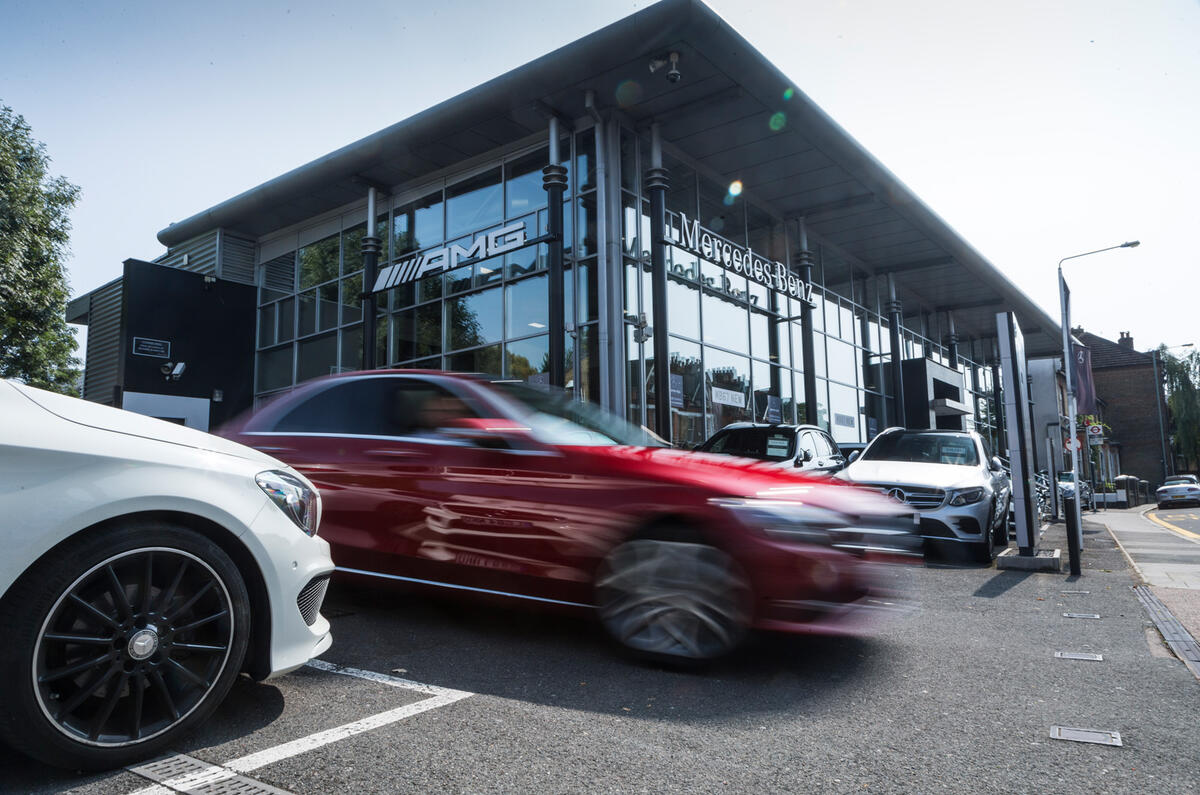Only braggers and top brass talk about their pay, the former best avoided and the latter finding the details pegged up on the washing line for all to see, thanks to company accounts and increased scrutiny as part of ‘levelling-up’ schemes like the gender pay gap initiative.
So it is that there has been a slew of headlines about the incomes of car retail groups’ bosses lately. I’m not here to judge, but it does make for an interesting debate on leadership, especially through the pandemic.
Facing the firing squad right now are the heads of Pendragon and Vertu, Bill Berman and Robert Forrester. Both head top 10 retail groups by turnover, both have recorded positive results in a perilous year – and now both are getting beaten up for the bonuses they’re being awarded.
Of course, they sit in the eye of a storm that has raged forever and is best summed up with the question ‘How much is too much?’.
The cases for their defence have some similarities and revolve around the results they’ve posted. Berman has overseen a dramatic reversal of fortunes for a loss-making firm, while Forrester has overseen exceptional results while keeping his company on the front foot for future growth, and all during a world-stopping pandemic.
Is this worth Berman’s £550,000 salary or the potential to push that to £3.2m if every performance-related bonus is paid? Or Forrester’s similar salary, which would pass £800,000 if every bonus is paid?
Your answer will owe much to how you view society, on the one hand weighing up the job losses, millions put on furlough and more instigated by both; on the other hand considering the immense challenges of leadership these men have faced while putting their businesses (and thereby employees’ futures) on a sounder footing than ever.
Berman and Forrester both gave up salary at the height of the pandemic and, of course, neither set their own wages, which are market-commensurate. But adding fuel to the fire is the relentlessly opposing approach of another retail group, Marshall Motor, led by Daksh Gupta, which has returned more than £4m of furlough payments and given all his staff a backdated loyalty cheque of up to £500 – all while the directors steadfastly refuse to accept bonuses.
While his base salary is absolutely competitive with his rivals’, Gupta has consistently declined any form of top-up. “A strong moral compass is part of our company DNA,” he says. As I said up top, the moral debate is open. But what will be really interesting to see is the impact – if any – all this will have on the satisfaction of employees and customers.
READ MORE
Industry analysis: How will the pandemic change the car world?







Join the debate
Add your comment
If they have achieved their targets and out performed their competition then yes, that's what any form of bonus / LTIP scheme is for - to incentivise high performance from company leaders against a set of (mostly pre agreed and quantified) metrics.
The problem comes with nod and wink, remuneration committees which end up creating variable compensation schemes which don't measure the right things, and pay out generously even for poor executive performance which shareholders should (and increasingly do to be fair) vote down as they actively damage shareholder value.
Gupta sounds like a top bloke. We're all working our arses off - great to see a boss who recognises and rewards it.
You really think one guy make that difference i m sorry but they aren't Jesus Christ... They need a team to release; they are ask to take decision of course but the workforce are the one to cope with and do it.
So i m sorry but if you are a real teamplayer you have to share the profit with your employees